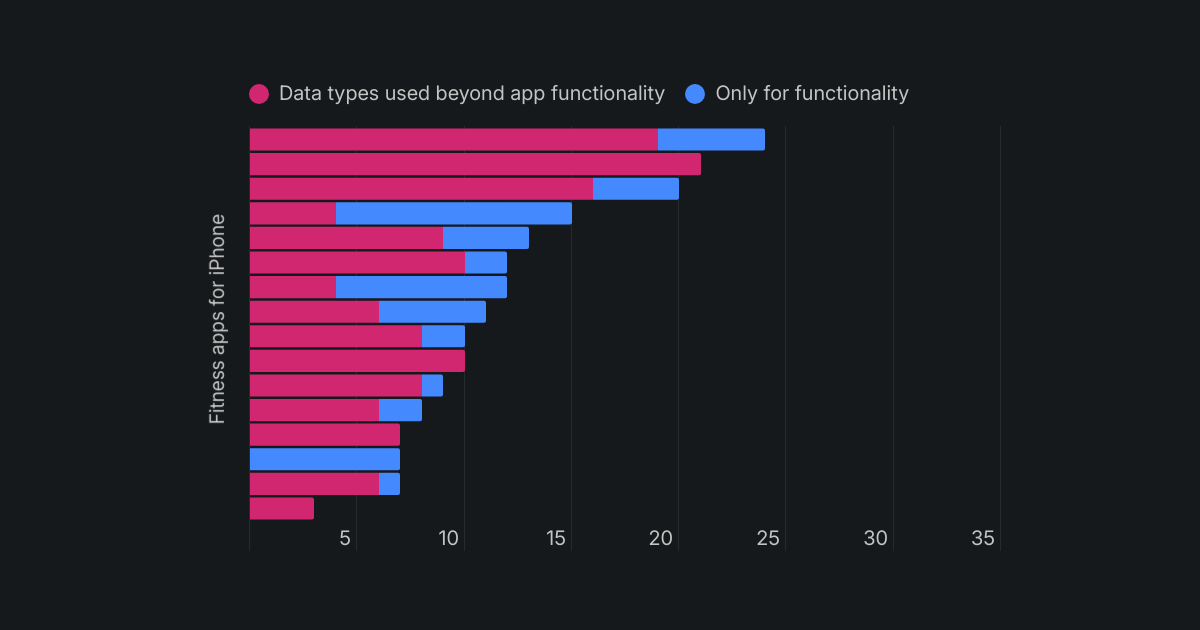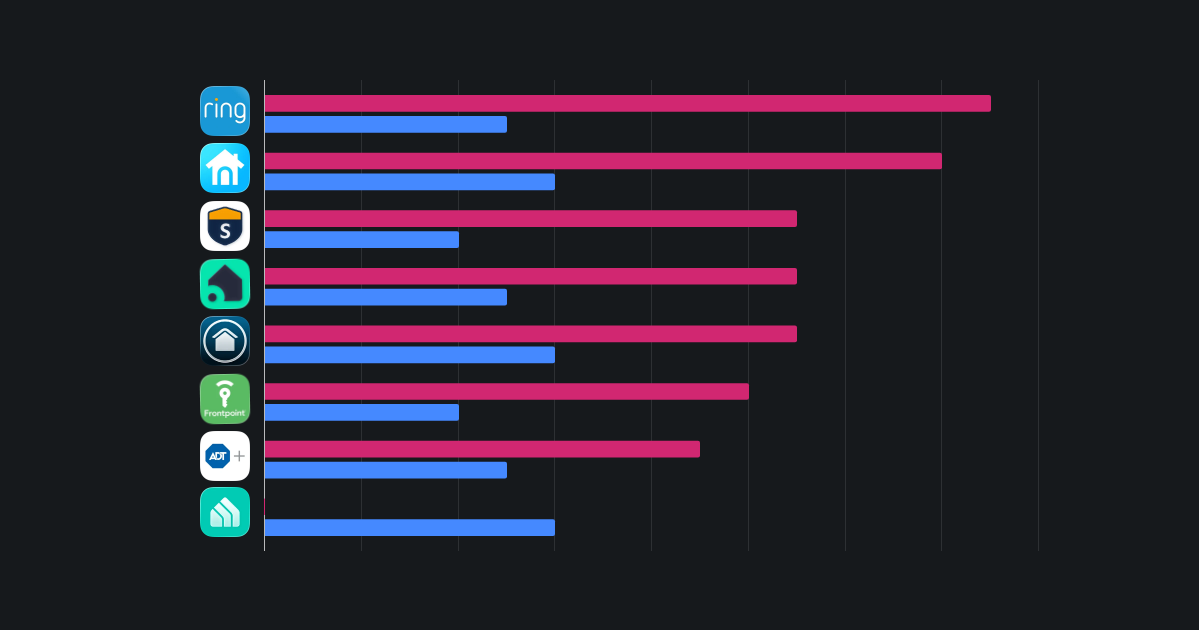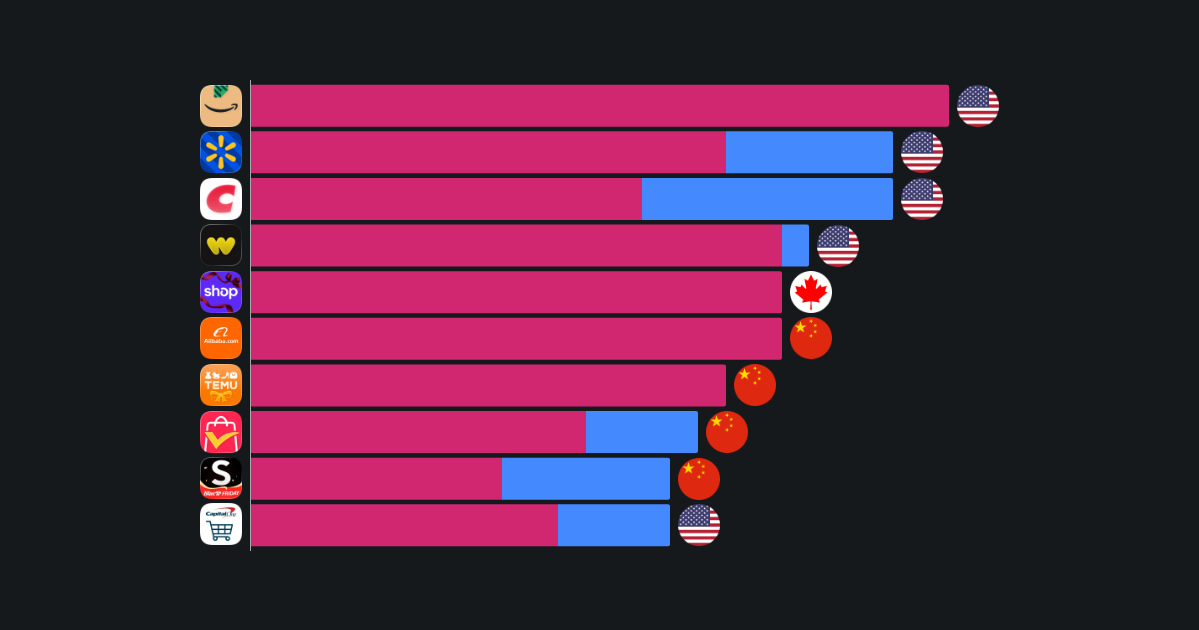digital democracy|digital privacy
Facebook pages are the most delisted from Google Search
The ”Right to be forgotten” is a European Union privacy law that allows individuals to request the delisting of their personal information from online search results or remove data held by certain organizations.¹ Over the last eight years, Europeans requested Google to delist more than 5.6 million webpages — making them undiscoverable in Google search. Approximately half of these requests were fulfilled. This week's chart will reveal the domains that are delisted the most.
Key insights
- Using the “right to be forgotten,” Europeans get their Facebook, Twitter, and YouTube pages delisted from Google Search results the most often. In 29 out of 31 analyzed countries, Facebook consistently ranks among the top 10 domains from which Google has delisted the most webpages on Google Search (48.6k delisted URLs). Twitter appears in 25 countries (30.4k URLs), while YouTube is listed in 17 countries (17.6k URLs).
- In total, around 100k Facebook, Twitter and YouTube pages were delisted across 31 analyzed countries. Germany and France contributed the most, with over 20k delisted URLs in each country. The UK comes third with more than 13k delisted URLs. When accounting for the uneven population size across analyzed countries, the Netherlands emerges as a clear leader, with 57 URLs delisted per 100k people.
- Neither of the platforms (Facebook, Twitter, YouTube) appears in the top 10 in terms of delisted URLs on Google Search in Sweden and Romania. Instead, in Sweden, the most commonly delisted domain is Mrkool.se (a website that publishes personal data of all Swedes above the age of 16), while in Romania, it is camvideos.me (an adult content website).
- As per Google Transparency Report’s “URLs requested and delisted” section, around half of the requested URLs are delisted. However, the average delist rate of the top three domains is notably lower, standing at around 40%. This implies that requests to delist webpages from Facebook, Twitter, and YouTube are fulfilled somewhat less frequently than those from other domains.
Methodology and sources
We analyzed 31 countries that submitted “right to be forgotten” requests to Google between June 2014 and August 2022. Countries included in Google’s report are 27 EU countries and the UK, Norway, Iceland, and Switzerland, which have also enforced regulations analogous to GDPR. Data was analyzed according to the number of URLs requested to delist by country and by top platform, as well as those numbers per population and numbers of actually delisted URLs by platform. URLs defined within the “right to be forgotten” requests are unique webpages that were requested to delist from European search results. Note: Facebook numbers include both: Facebook and Facebook M pages. Also, data of only 10 domains from which Google delisted the most URLs on Google Search in each country is available, thus aggregated numbers by the top 3 platforms might be up to 6.6% bigger.
For the complete research material behind this study, visit here.

